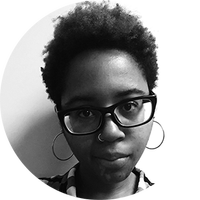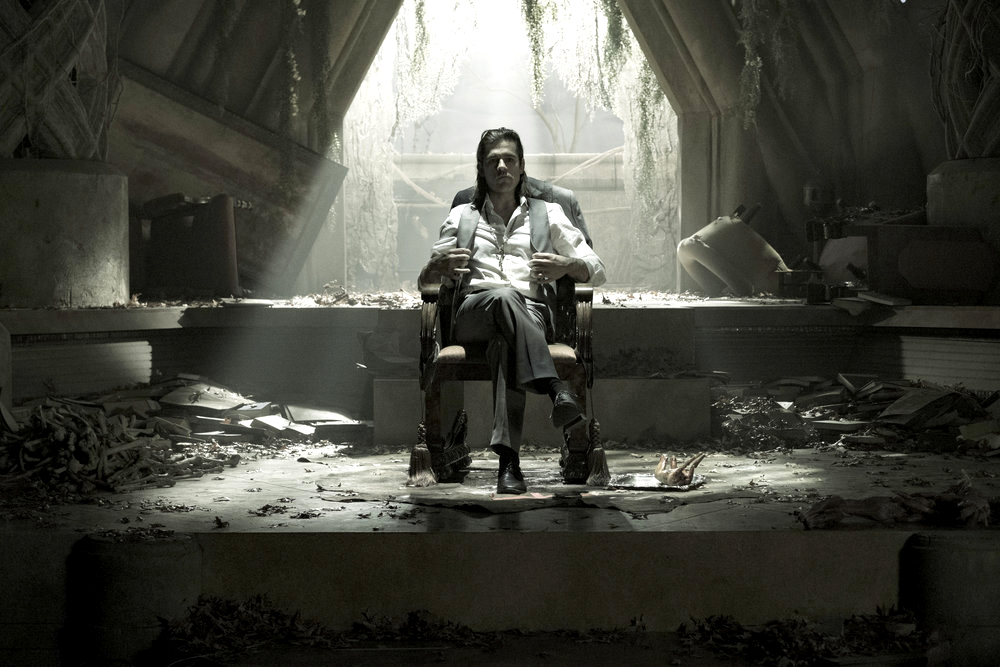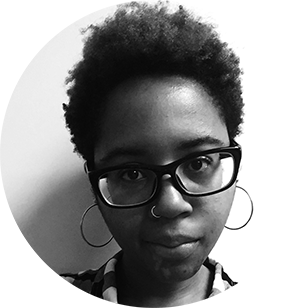How The Magicians dispels the magic of the singular hero
There's no "chosen one" in this story


A free daily email with the biggest news stories of the day – and the best features from TheWeek.com
You are now subscribed
Your newsletter sign-up was successful
Syfy's The Magicians is revolutionizing the way we think about heroes.
What's remarkable about this adaptation of Lev Grossman's acclaimed fantasy trilogy, whose fourth season premiered this week, is that for all the ways it plucks from the plot, characters, and story structures of popular fantasy series like Harry Potter, it also subverts the classical framework that these stories and so many others follow: that of the hero's journey.
Joseph Campbell, author of The Hero with a Thousand Faces, famously wrote that the hero's journey follows a distinct path with familiar obstacles that the protagonist must overcome. This narrative framework — which contains plot points like a call to action, a passage into an unknown world, a personal transformation, and the hero's eventual return — is omnipresent in TV shows, books, films, and more.
The Week
Escape your echo chamber. Get the facts behind the news, plus analysis from multiple perspectives.

Sign up for The Week's Free Newsletters
From our morning news briefing to a weekly Good News Newsletter, get the best of The Week delivered directly to your inbox.
From our morning news briefing to a weekly Good News Newsletter, get the best of The Week delivered directly to your inbox.
What makes The Magicians different is that it establishes a hero just to have him dethroned by other characters in the story. It makes us reframe not only our understanding of the show's characters, but the very idea of a hero itself.
The initial protagonist in this story about a university specializing in magicians is depressed loner Quentin Coldwater, clearly the Harry Potter analog. When we first meet our villain, the Beast, as he waltzes into a classroom one day, he recognizes Quentin, saying, with a villainous purr, "Quentin Coldwater, there you are." It's Quentin's Voldemort moment, one that signals to us that Quentin is the most essential character in this story. Though there are other worthy principles — Julia, whose hedge witch storyline runs parallel to Quentin's, or Alice, the brilliant Hermione Granger of the group — Quentin is clearly the nexus of the action.
But once we near the end of the first season, The Magicians throws a wrench into its own narrative. Quentin realizes that he might not be the hero the story needs. "My entire life, ever since the first time I read Fillory and Further, I've been waiting for some powerful being to come down and say, 'Quentin Coldwater, you are the one,'" he tells Alice in the season one finale. "Every book, every movie, it's about one special guy, the chosen one. In real life, for every one guy, there are a billion people who aren't. Unless none of us are the one." With that, Quentin passes on his hero duties to Alice, saying that she's a better magician and perhaps the true hero of the story — and she's ultimately the one to defeat the Beast.
It's a smart, admirable move on the part of the show, like Harry Potter stepping aside to let the more capable Hermione defeat Voldemort instead. "The chosen one," the show implies, is usually just a product of chance and self-confidence rather than actual ability. Exceptionalism becomes a self-fulfilling prophesy.
A free daily email with the biggest news stories of the day – and the best features from TheWeek.com
Julia, the only other member of the main cast of players that we meet before we get to the university, doesn't fit the bill for the mold of "hero" that the show has established from the get-go but also comes to usurp Quentin's role as the hero figure. In fact, her entire storyline in the first season, a kind of anti-hero's journey, is predicated on the fact that she was not the chosen one. Julia, unlike Quentin, is not accepted into the university, so her storyline, as interesting as it is, is subordinated to the main one. Her path isn't as glamorous as Quentin's, and while Quentin, we may safely assume, is on the path to heroism, Julia is on the path to self-destruction.
Her narrative arc isabout 10 different flavors of wrong: She's raped, then saddled with an unwanted pregnancy, and her abortion results in her losing part of her soul. But as a result of her rape, she gains the powers of a god. And when magic disappears at the end of season two, Julia is the only one who can perform it. She gets progressively more powerful over the course of season three.
Julia, not Quentin, is the exception this time, and she becomes the most powerful one of the group — an actual god. Suddenly it seems that perhaps Julia has always been the secret hero of the story.
But it's more likely that The Magicians isn't interested in the idea of the singular hero. The third season, after all, is premised on the quest of the seven keys, in which each of the main cast members is called to play a vital role in getting the keys to bring magic back. Each key quest enables the characters to become the hero of that story, and one isn't subordinated to another; each key is essential, and so each character must play his or her part.
Despite its uneven writing and poor treatment of some of its female characters, The Magicians still succeeds in one of its central aims: dismantling the tropes of the fantasy genre and reconfiguring them in ways that are innovative and contemporary. There is a moral at the heart of The Magicians and its approach to the hero's journey, one about adulthood and responsibility, about having the courage to accept one's quest when it presents itself, along with the consequences. But it's also about realizing when the quest isn't yours to take, when The Boy Who Lived isn't any more the chosen one than, say, Hermione Granger, Ron Weasley, or Neville Longbottom.
Maya Phillips is an arts, entertainment, and culture writer whose writing has appeared in The New York Times, Vulture, Slate, Mashable, American Theatre, Black Nerd Problems, and more. She is also a web producer at The New Yorker, and her debut poetry collection, Erou, is forthcoming in fall 2019 from Four Way Books. She lives in Brooklyn.
-
 6 of the world’s most accessible destinations
6 of the world’s most accessible destinationsThe Week Recommends Experience all of Berlin, Singapore and Sydney
-
 How the FCC’s ‘equal time’ rule works
How the FCC’s ‘equal time’ rule worksIn the Spotlight The law is at the heart of the Colbert-CBS conflict
-
 What is the endgame in the DHS shutdown?
What is the endgame in the DHS shutdown?Today’s Big Question Democrats want to rein in ICE’s immigration crackdown
-
 Walter Isaacson's 'Elon Musk' can 'scarcely contain its subject'
Walter Isaacson's 'Elon Musk' can 'scarcely contain its subject'The latest biography on the elusive tech mogul is causing a stir among critics
-
 Welcome to the new TheWeek.com!
Welcome to the new TheWeek.com!The Explainer Please allow us to reintroduce ourselves
-
 The Oscars finale was a heartless disaster
The Oscars finale was a heartless disasterThe Explainer A calculated attempt at emotional manipulation goes very wrong
-
 Most awkward awards show ever?
Most awkward awards show ever?The Explainer The best, worst, and most shocking moments from a chaotic Golden Globes
-
 The possible silver lining to the Warner Bros. deal
The possible silver lining to the Warner Bros. dealThe Explainer Could what's terrible for theaters be good for creators?
-
 Jeffrey Wright is the new 'narrator voice'
Jeffrey Wright is the new 'narrator voice'The Explainer Move over, Sam Elliott and Morgan Freeman
-
 This week's literary events are the biggest award shows of 2020
This week's literary events are the biggest award shows of 2020feature So long, Oscar. Hello, Booker.
-
 What She Dies Tomorrow can teach us about our unshakable obsession with mortality
What She Dies Tomorrow can teach us about our unshakable obsession with mortalityThe Explainer This film isn't about the pandemic. But it can help viewers confront their fears about death.
